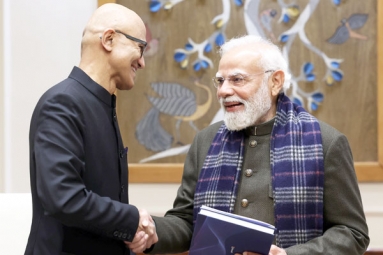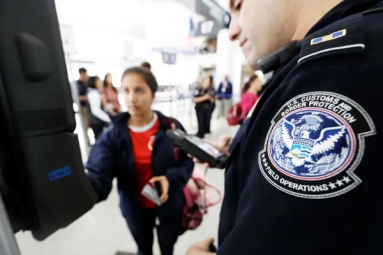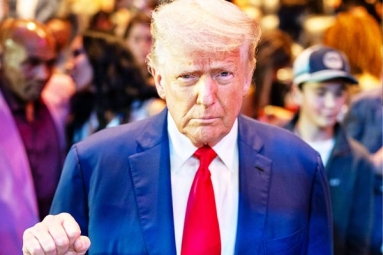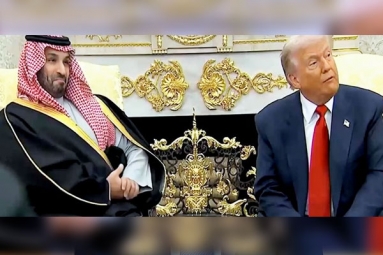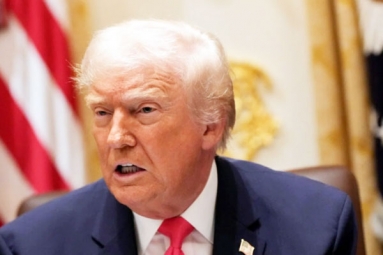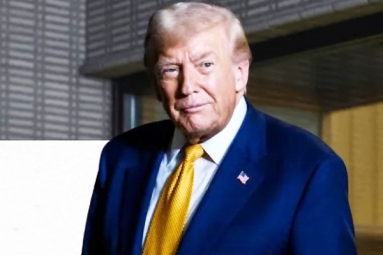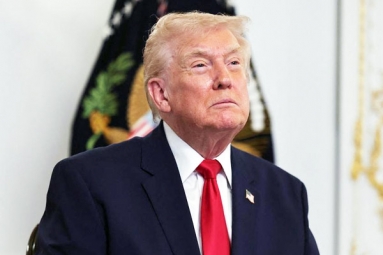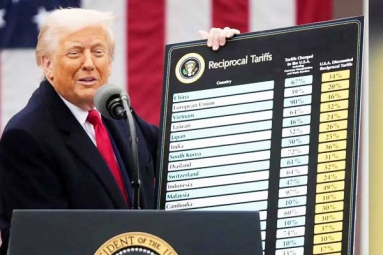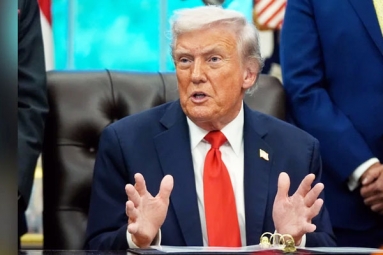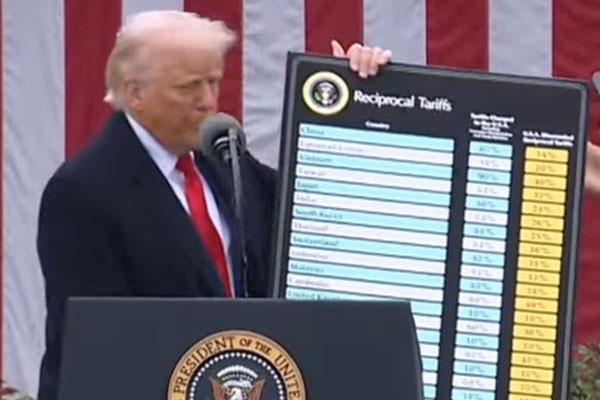
(Image source from: x.com/howardlutnick)
On Wednesday, a trade court in the United States halted the implementation of Donald Trump’s proposed import tariffs labeled 'Liberation Day', determining that the President exceeded his authority with these blanket tariffs targeting nations that export more to the U.S. than they import. Trump has asserted extensive powers to establish global tariffs via the International Emergency Economic Powers Act (IEEPA), which is designed to tackle "unusual and extraordinary" dangers during a national crisis.
The Trump administration defended their tariff authority in court, arguing that this legal ruling could alter an “asymmetric” trade ceasefire with China and intensify tensions between India and Pakistan. Officials contended that the President had utilized his tariff powers to negotiate a ceasefire between India and Pakistan earlier in May, following a conflict prompted by a terrorist attack attributed to Pakistan-based militants in the Pahalgam region of Jammu and Kashmir on April 22.
They informed the court that ongoing discussions regarding tariffs were taking place with multiple countries, emphasizing that the situation remains precarious, with July 7 set as the deadline for completing trade agreements. Dismissing all presented arguments, the three-judge panel from the Court of International Trade in Manhattan ruled that Congress did not grant "unbounded" authorities to the President under the IEEPA. The court stated that it only permits the President to enact necessary economic sanctions during emergencies to address "unusual and extraordinary threats."
The court's decision maintained that the U.S. Constitution assigns exclusive power to Congress to regulate international commerce, which cannot be overridden by the President's emergency powers, thereby protecting the American economy. The court remarked, "We do not assess the wisdom or potential effectiveness of the President's use of tariffs as leverage. Its application is not prohibited due to a lack of wisdom or effectiveness, but because federal law does not permit it."
It further stated that granting unlimited tariff authority would represent an improper transfer of legislative power to another governmental branch. The court asserted that any interpretation of the IEEPA that confers unlimited tariff authority is unconstitutional, as outlined in court documents. Trump relied on this law when he argued that trade deficits and the threats posed by Mexican drug cartels justified broad tariffs. Following this ruling, the Trump administration promptly filed an appeal. On April 2, the American President announced extensive tariffs affecting the nation’s primary trading partners, beginning with a baseline of 10 percent and imposing higher rates on countries with which the U.S. has significant trade deficits, notably China and the European Union.
A week after the tariffs specific to certain countries were implemented, many of them were suspended due to the adverse reaction they provoked in the US financial markets aimed at boosting manufacturing within the country. On May 12, the Trump administration announced that it would also temporarily lower the most severe tariffs imposed on China as negotiations for a comprehensive trade agreement continued. Both nations reached an agreement to reduce tariffs on each other's imports for a minimum of 90 days. This decision resulted from two lawsuits: one initiated by the nonpartisan Liberty Justice Centre representing five small US businesses affected by the tariffs, and another brought by 13 states. The businesses argued that these tariffs would negatively impact their operations. Additionally, there are at least five more legal actions contesting the tariffs currently awaiting resolution in the courts. The White House and the legal representatives for the plaintiffs did not promptly reply to inquiries for comments. Stephen Miller, a deputy chief of staff at the White House and a primary policy adviser to Trump, criticized the court in a brief post on social media, stating, "The judicial coup is out of control."



